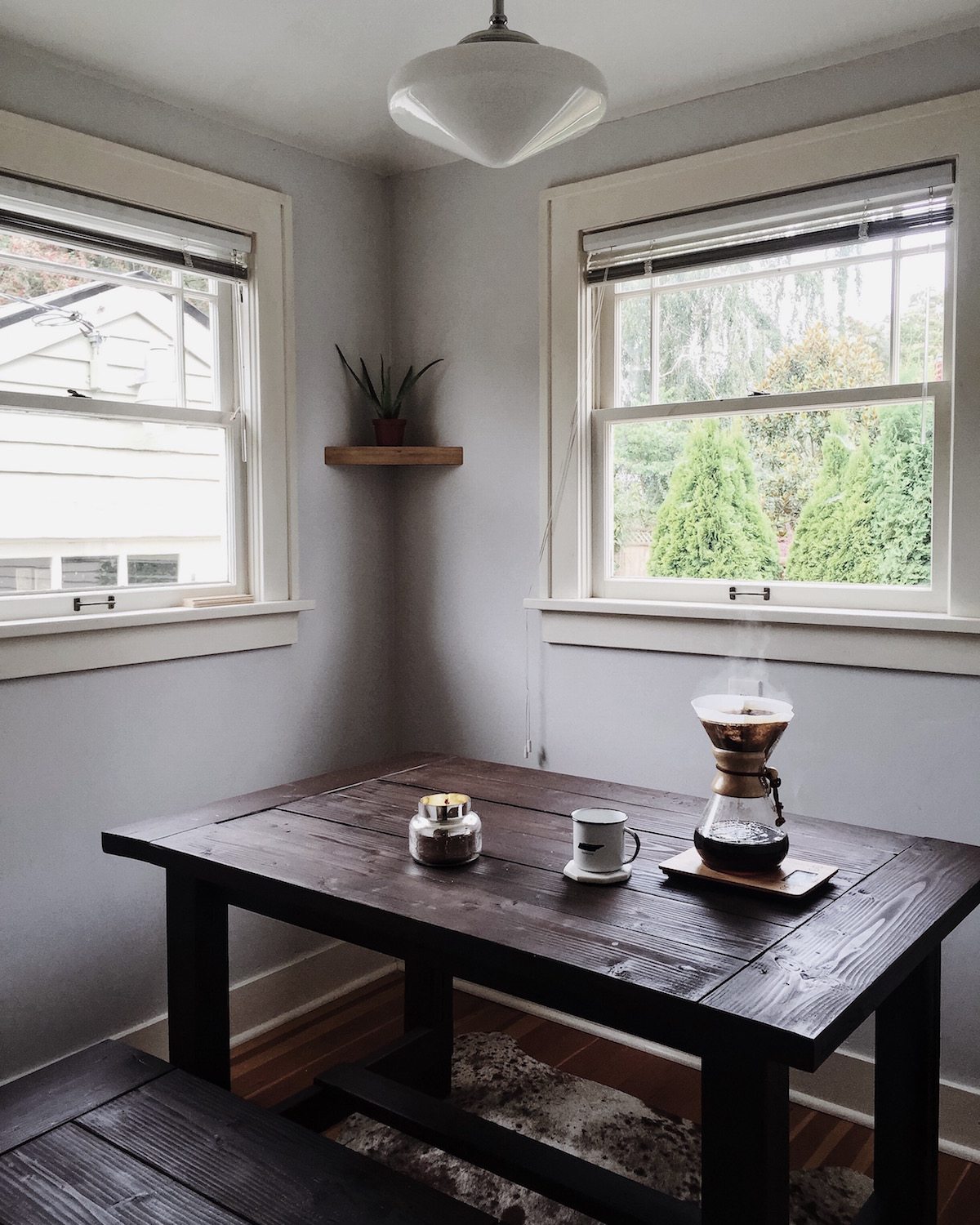There are so many meaningful ways to get involved with volunteer opportunities in our communities. Some of us enjoy serving in homeless shelters and nursing homes while others value assisting in animal shelters or building houses for low-income families.
Regardless of what service outlets we choose, there are so many things we can do to love the most vulnerable, marginalized people (and animals!) in the world, and many of these things can be done on a daily basis. While devoting afternoons or even entire weekends to a service opportunity is a truly wonderful thing, we can also make a huge difference by choosing to love people daily in small, but profound, ways.
Validate Each Other’s Humanity
In college I participated in a Social Action and Justice Colloquium that spanned the course of four semesters. In this program we learned so much about a variety of social topics, and we especially focused on serving those in need by bringing awareness to issues that affect the plight of marginalized people everywhere.
We spent a lot of time serving the homeless population in our community, and one of the most important things our professor taught us was to validate the humanity of the people we served by making eye contact and engaging in conversation. So often, he said, we divert our eyes from the people we encounter, unintentionally stripping them of their humanity by not acknowledging their presence. While he reminded us to be safe and to stay aware of our surroundings, he also encouraged us to treat others lovingly, greeting them with a smile, a kind word, or a nod. His words have stuck with me over the years, and I’m reminded of the power of making eye contact, saying hello, and offering a handshake to people I meet, regardless of their appearance or status.
… I’m reminded of the power of making eye contact, saying hello, and offering a handshake to people I meet …
Know the Issues (and Don’t Pass Judgment)
While it’s true that some people become homeless as a result of an addiction, it’s also true that many people lose their homes and their livelihoods because of mental illnesses, natural disasters and abuse, amongst other uncontrollable, devastating factors. In our very first print issue of Darling Magazine, I got to write a review about a powerful book about homelessness: Mike Yankoski’s Under the Overpass. The book serves as a record of the author’s choice to voluntarily become homeless for nearly six months, and in it he writes about his experiences with the homeless communities he immerses himself in.
While he met several people who panhandled so they could buy alcohol and drugs, he met more people who were down on their luck as a result of some kind of unavoidable crisis or illness or circumstance. Yankoski himself was not addicted to alcohol or drugs, but he encountered many people who assumed that he was and treated him with harsh judgment by making cruel comments. His experiences and commentary remind us that we often forget that addiction is a disease, not necessarily a choice, and we should treat others with the love and respect they deserve, understanding that we certainly don’t know the whole story about another person’s journey.

Reach Out to the Unexpectedly Vulnerable
Outside of the scope of the obvious vulnerable populations — like those who are homeless, sick, mentally ill, trafficked, or exploited — there are people who fall between the proverbial cultural cracks, the individuals who are on the fringe of our social groups, work environments, faith communities, and neighborhoods.
These people may be awkward or timid; they might be abrasive or aggressive. They may have personalities or beliefs or practices or ideologies that conflict with ours, and they end up on the outside looking in as a result. They have been pushed to the outskirts of their communities and unintentionally (and, unfortunately, sometimes intentionally) excluded from work opportunities and social gatherings. All of us have encountered this type of vulnerable person, and while we might empathize with them briefly, we often don’t know how to engage in meaningful ways. Start small by initiating genuine communication and learning more about your peer — about his or her family or hobbies or favorite foods. Set up a lunch date or a time to meet for coffee. Bring over a tasty baked good or a really great book for them to enjoy.
In short, take intentional steps toward being kind. Let’s get outside of our comfort zones and social norms to embrace those around us in an attempt to make our workspaces, apartment complexes and coffee shops happier, more communal places filled with people who are genuinely loving toward one another, no matter what personality differences may separate them.
What ways do you find yourself reaching out to those who are vulnerable, both globally and locally?
Feature Image via Monica Outcalt











2 comments
What a beautiful Article! Since I have moved around quite frequently in my adult years I associate with the feeling of being “on the fringe” whether at work, church, or other social situations. I’m still the new face at most places that I show up, but when another person in the room mentions they just moved here or its their first time attending etc I try to reach out, an introduction, asking for coffee later. Validating each others humanity, beautiful article Rachel!
Thank you so much for your thoughtful comment, Hannah! So nice to hear that you are already in the throes of reaching out to people who are in need of community. Keep up the great work!